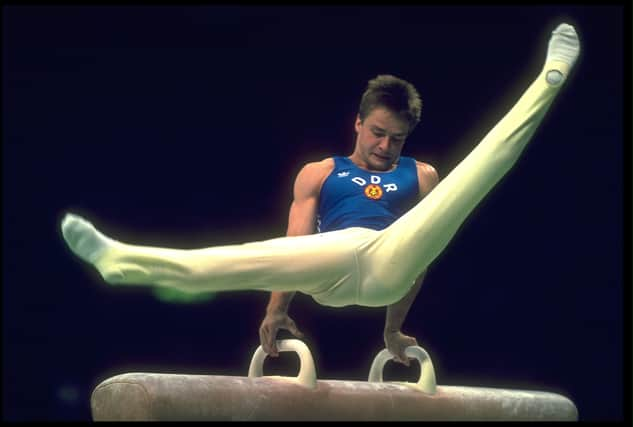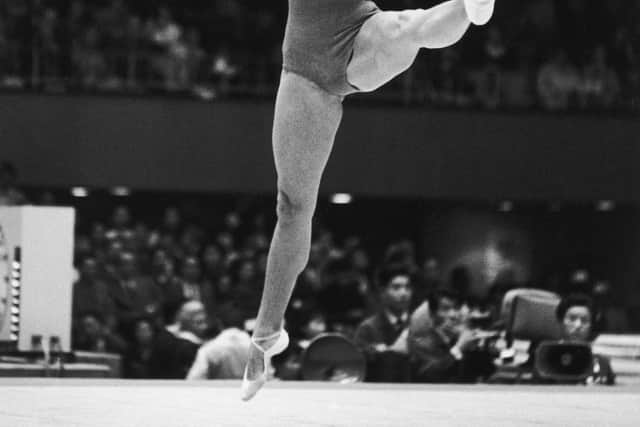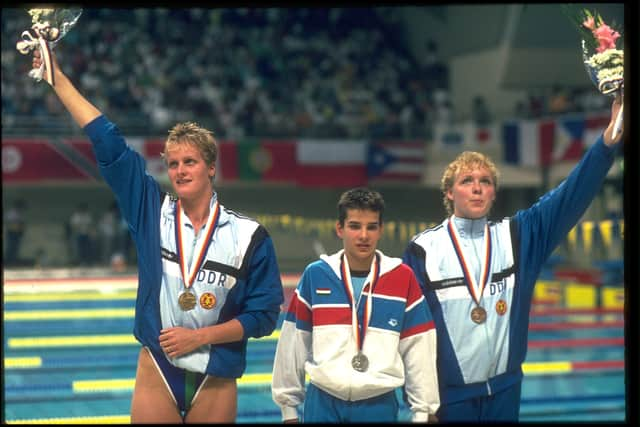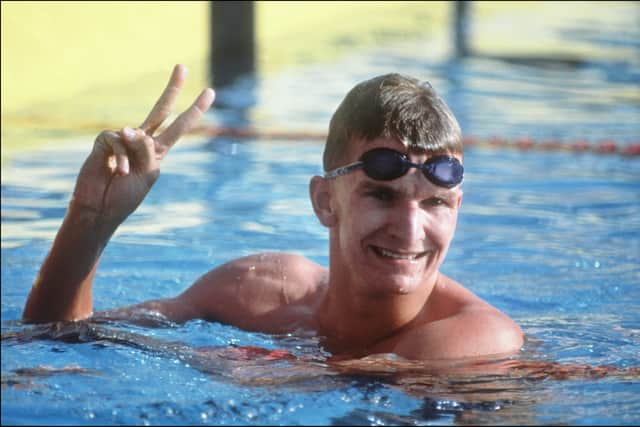The most successful Olympic nations that no longer exist
This article contains affiliate links. We may earn a small commission on items purchased through this article, but that does not affect our editorial judgement.


The Olympics is an inherently nationalistic event, where athletes compete on the global stage in an attempt to wave their flag on the top step of the podium.
This leads to an interesting question: what are the most successful Olympic countries that no longer exist?
Advertisement
Hide AdAdvertisement
Hide AdWe take a look at the great Olympic nations which have succumbed to shifts in global politics.
USSR (The Union of Soviet Socialist Republics)


Competing between 1952 and 1988, the USSR won an impressive total of 1,010 medals. The communist one-party state saw great success in the games before its eventual dissolution led to the emergence of Russia, Kazakhstan and more.
In six out of the nine summer games that the Soviet Union competed in they topped the global medal table, dominating sports such as gymnastics, wrestling and weightlifting.
The most decorated Soviet Olympian was gymnast Larisa Latynina, who won a total of 18 medals and ranks as the second highest medallist in the history of the games.
East Germany


Advertisement
Hide AdAdvertisement
Hide AdWith a total of 409 medals won from 1968 to 1988, East Germany was an Olympic powerhouse.
The socialist eastern bloc nation eventually reunified with West Germany in 1990, shortly after the collapse of the Berlin Wall. Before then though the nation achieved regular Olympic triumphs, with many of the country’s medallists competing in athletics, swimming and rowing.
However East German success at the summer games was not without controversy. Large scale evidence of doping and the use of anabolic steroids resulted in many East German achievements at the games being tainted.
West Germany


Despite its much larger population, West Germany was consistently outperformed by its eastern neighbours over the course of the two countries’ Olympic history.
Advertisement
Hide AdAdvertisement
Hide AdFrom 1968 to 1988, West Germany gathered 204 medals in total, receiving a large number of Olympic titles in the equestrian events. However it was six foot seven inch swimmer Michael Gross who holds the highest tally of West German medals.
While East Germany shared very close ties with Moscow, West Germany looked towards Washington DC and was a crucial ally for the USA during the Cold War.
Czechoslovakia


Although considerably less successful than the USSR and East/West Germany, Czechoslovakia had a long run in the Olympics.
Competing between 1920 and 1992, the nation amassed many of their 143 medals in athletics, gymnastics and canoeing. Eleven-time Olympic medallist Vera Caslavska was Czechoslovakia’s most decorated athlete after superb gymnastics displays in the 1964 and 1968 games.
Advertisement
Hide AdAdvertisement
Hide AdAfter gaining independence from Austria-Hungary in 1918 the Central European nation eventually split, becoming present-day Czech Republic and Slovakia in 1992.
Loading....
Yugoslavia
A merger of various states in the Balkan region of Europe, Yugoslavia competed in the Olympic games between 1920 and 2000.
Within this 80-year period Yugoslavia won a total of 90 medals, with notable performances in sports like Water Polo and Wrestling. However the Olympian with the most medals won during the country’s history was gymnast Leon Stukelj. He took home three golds, two silvers and one bronze over the course of his career.
During the breakup of Yugoslavia a brutal war was fought that established the present day nations of Serbia, Montenegro, Bosnia and Herzegovina, Croatia, North Macedonia and Slovenia.
A message from the editor:
Advertisement
Hide AdAdvertisement
Hide AdThank you for reading. NationalWorld is a new national news brand, produced by a team of journalists, editors, video producers and designers who live and work across the UK. Find out more about who’s who in the team, and our editorial values. We want to start a community among our readers, so please follow us on Facebook, Twitter and Instagram, and keep the conversation going. You can also sign up to our newsletters and get a curated selection of our best reads to your inbox every day.
Comment Guidelines
National World encourages reader discussion on our stories. User feedback, insights and back-and-forth exchanges add a rich layer of context to reporting. Please review our Community Guidelines before commenting.